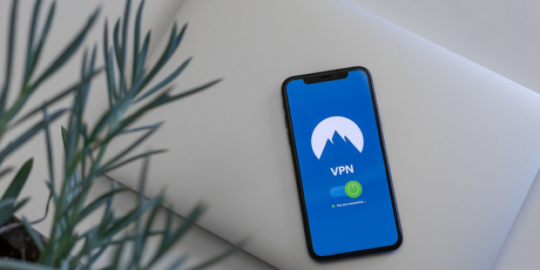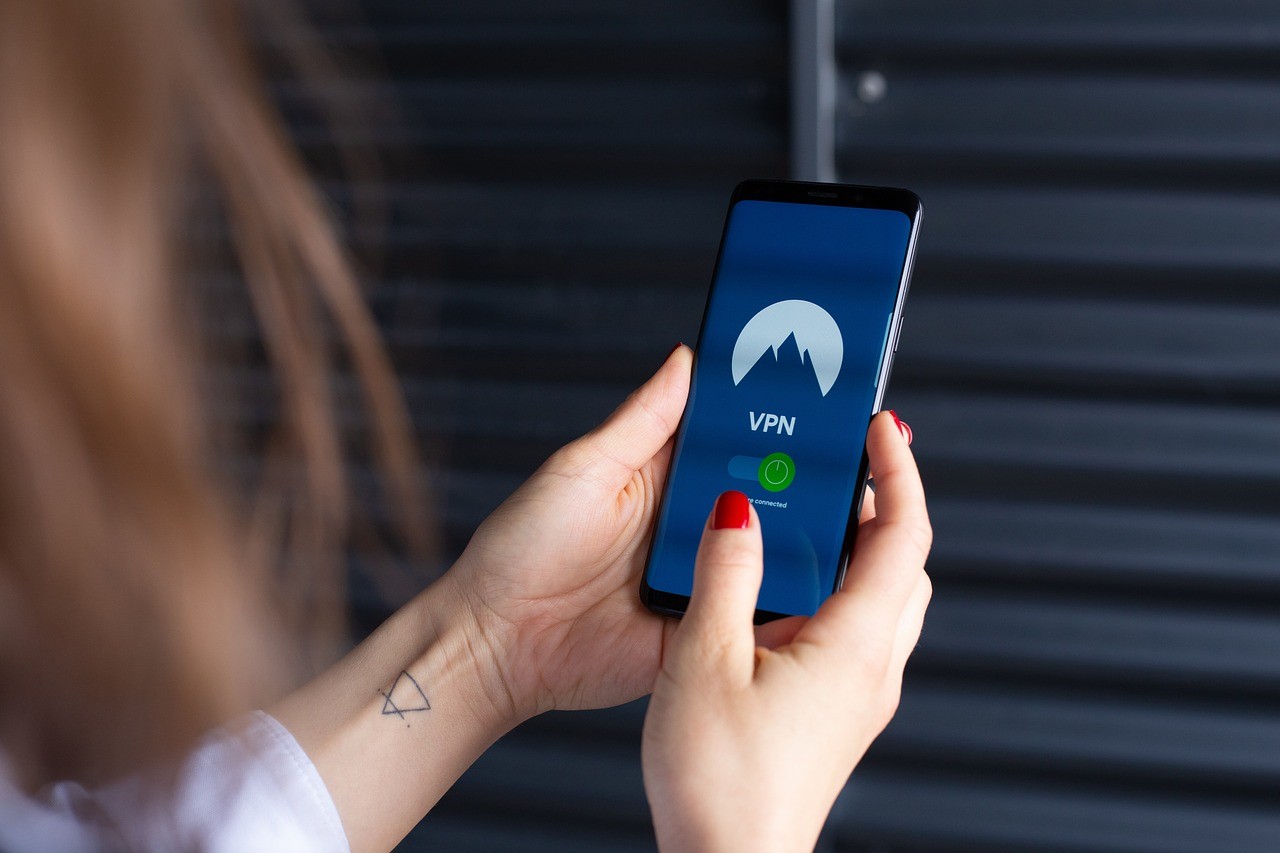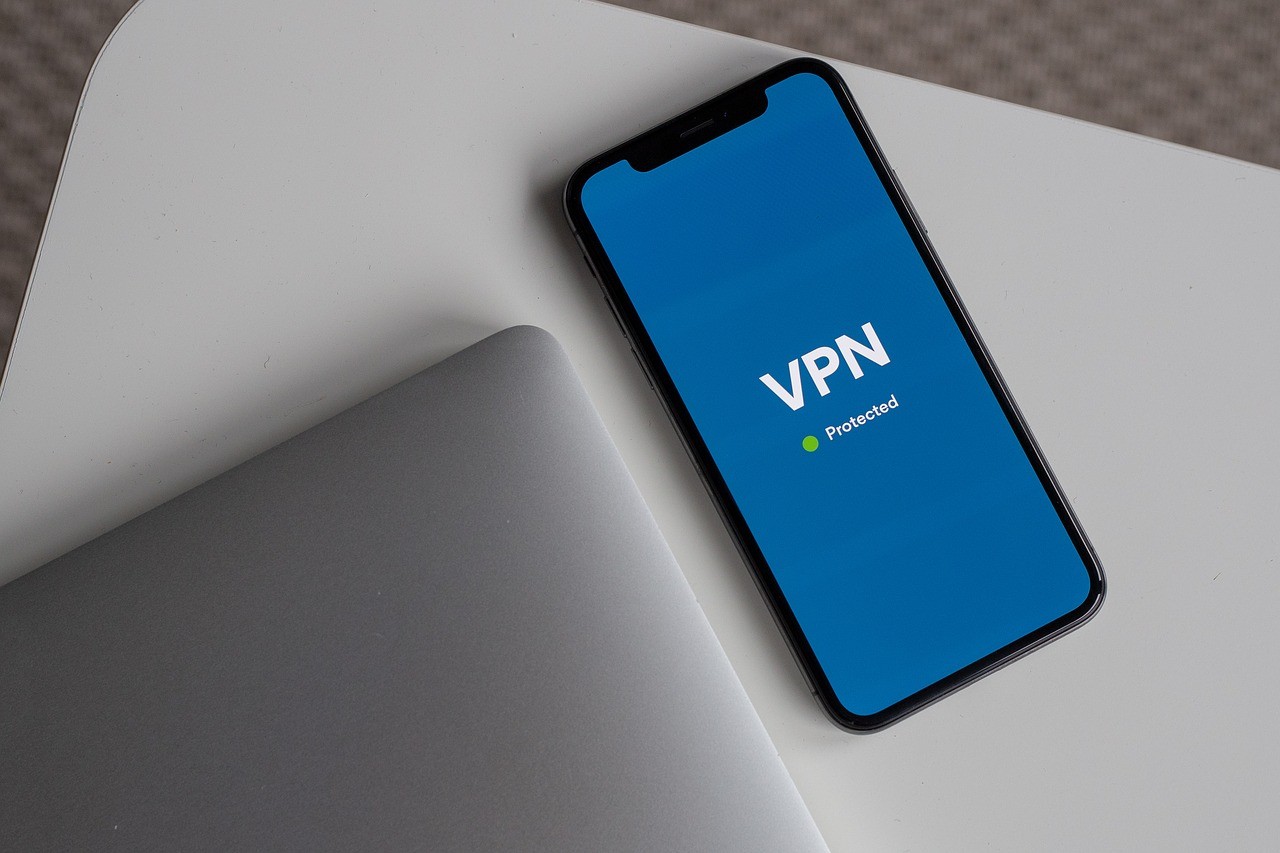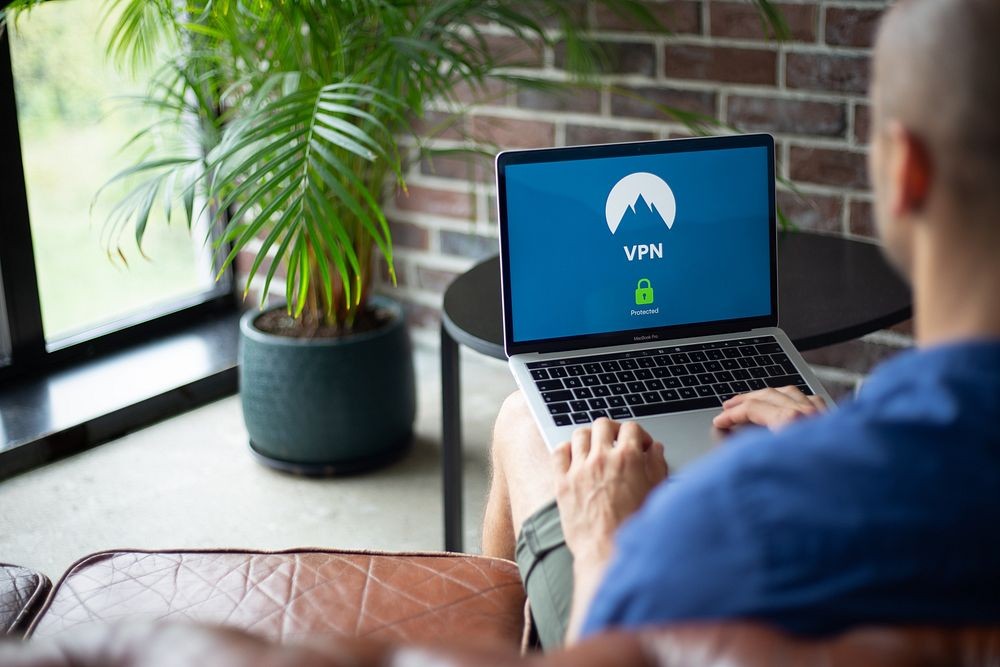
As worries about online privacy and security continue to mount, it's unsurprising that Virtual Private Networks (VPNs) have emerged as a popular choice for those looking to safeguard their internet behavior. The rising tide of cyber-attacks, unauthorized data access, and pervasive monitoring underscores the urgency for web users to manage their digital presence. VPN applications provide a defensive barrier by scrambling your information and concealing your IP address, guaranteeing that your virtual activities stay private and protected. In this piece, we'll explore the ways in which you can maximize the use of VPN applications for secure web browsing and maintaining your privacy.
Navigating the Basics: What Is a VPN and How Does It Work?

Prior to exploring the detailed aspects of VPN use, it's essential to grasp the concept of a VPN and how it functions. A VPN, or Virtual Private Network, is a tool that enables you to access the internet through a secure, encrypted channel to conceal your online activities from prying eyes. This secure link is formed between your device and a VPN provider's server. Your internet traffic passes through this server, where it becomes encrypted, and your actual IP address is substituted for one from the server.
Encryption is what offers the protective and privacy advantages of using a VPN. It guarantees that even if your data were intercepted, it would remain unintelligible. This security is particularly critical on public Wi-Fi networks, which are more vulnerable to cyber threats. With the help of a VPN application, your connection is encrypted, safeguarding sensitive information like passwords and emails from cyber criminals. Additionally, because it masks your true IP address, a VPN also anonymizes your online identity and location, making it more challenging for websites and advertisers to monitor your internet activities.
Choosing the Right VPN App: Factors to Consider

Choosing the right VPN application is essential for improving your digital privacy and safety. With numerous VPN options out there, deciding on the best one can be difficult. For a decision that matches your specific needs, take into account these considerations:
Begin by examining the privacy policy of the VPN provider. A reliable VPN service should commit to a no-logs policy, assuring you that they do not track or store details of your internet behavior. This guarantees that in the event they are required to surrender information, they have no meaningful data to share.
Additionally, check the jurisdiction of the VPN provider. Some countries have mandatory data retention laws or are part of intelligence-sharing alliances, which could affect the privacy of your data.
Second, assess the security features offered by the VPN app. Opt for a VPN that uses strong encryption protocols, such as OpenVPN or WireGuard, to secure your data. The presence of features like an automatic disconnect switch (which immediately halts your internet connection if the VPN drops), DNS leak protection and the ability to use split tunneling (which allows you to route some of your traffic through the VPN while other data goes through your regular internet connection) are also indicative of a robust VPN service.
Maximizing VPN Benefits: Best Practices for Secure Internet Access

To reap the full advantages of a VPN, it's not enough to simply choose a reputable service; you must also adhere to best practices for secure internet access. Here are some tips to ensure you are getting the most out of your VPN app:
- Maintain an active VPN at all times, particularly while using the internet on unprotected wireless networks found in places like cafés, airports, or hotels. These networks are hotspots for cybercriminals aiming to capture data. By keeping your VPN on, your online activity is encrypted, safeguarding your private details from prying eyes.
- In addition, be aware of the devices you use to access the internet. While many focus on securing their computers, it's equally vital to install and use a VPN on your smartphones and tablets. These devices often contain just as much, if not more, personal information as your computer and are frequently used on public networks. Most premium VPN apps offer multi-device support, so take advantage of this feature to ensure all your devices are covered.
Leveraging VPNs for Enhanced Privacy: The Road Ahead

In an era where digital integration is at the heart of our daily routines, the role of online privacy and security is more critical than ever. Virtual Private Networks (VPNs) are key in safeguarding our virtual identities. These tools encrypt your web connection and assign an anonymous IP address, enabling a secure and private browsing experience free from the concerns of being tracked or spied upon. As the digital landscape continues to shift and new cyber threats surface, it's imperative to keep abreast of the latest developments in VPN technology and cybersecurity measures.
It's also vital to acknowledge that VPNs, despite their robust capabilities, are not a cure-all solution for privacy and security challenges. They should be part of a comprehensive approach to online safety, which includes the adoption of strong, distinct passwords, the activation of two-factor authentication where it's supported, and the regular updating of your digital devices.
In summary, VPN applications are essential for those who prioritize their online privacy and security. By grasping the mechanics of VPNs, selecting an appropriate application, and adhering to recommended practices for secure web usage, you can greatly improve your anonymity online and ensure the safety of your personal data. As we delve deeper into the digital realm, it's crucial not to overlook the proactive measures required to fortify our online activities. The internet is expansive and ever-changing, but with the proper tools and informed practices, we can partake in its offerings without sacrificing our personal privacy and security.